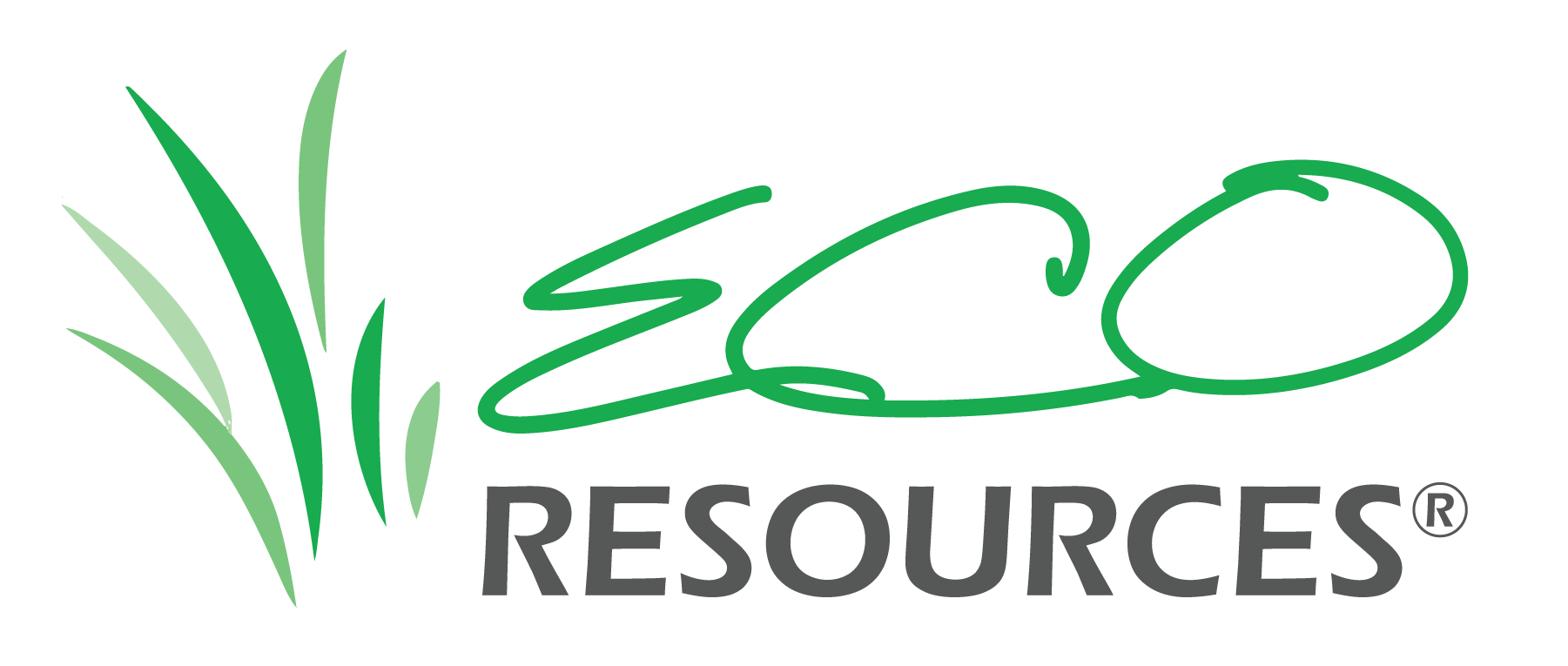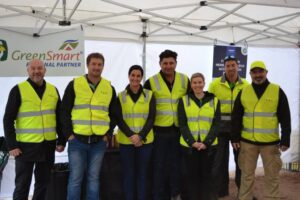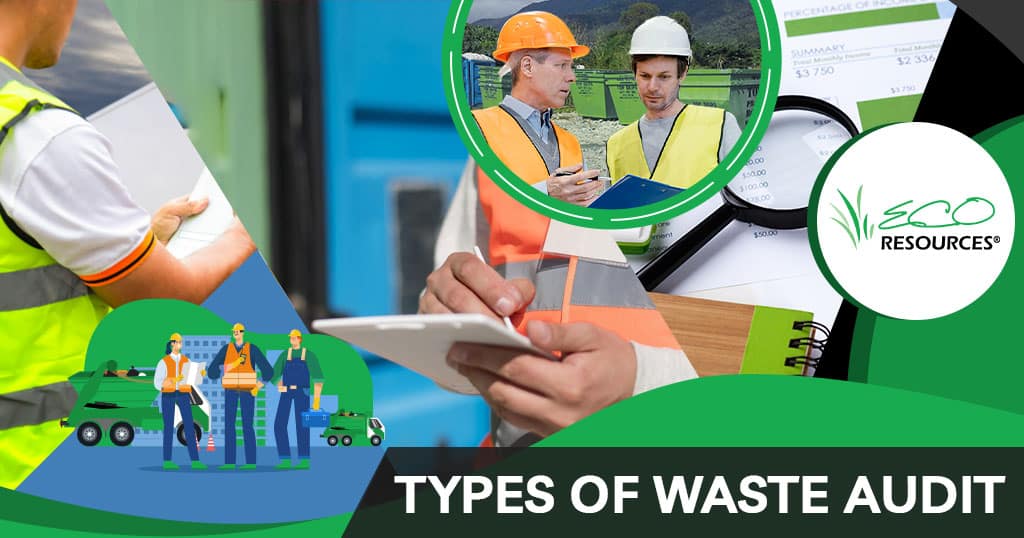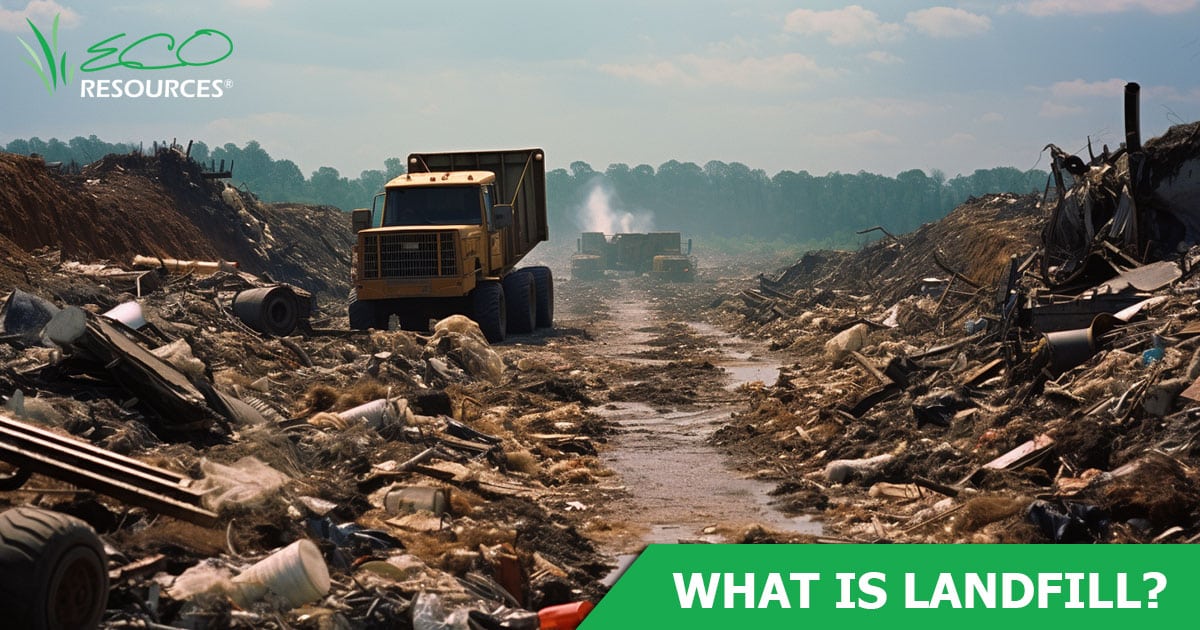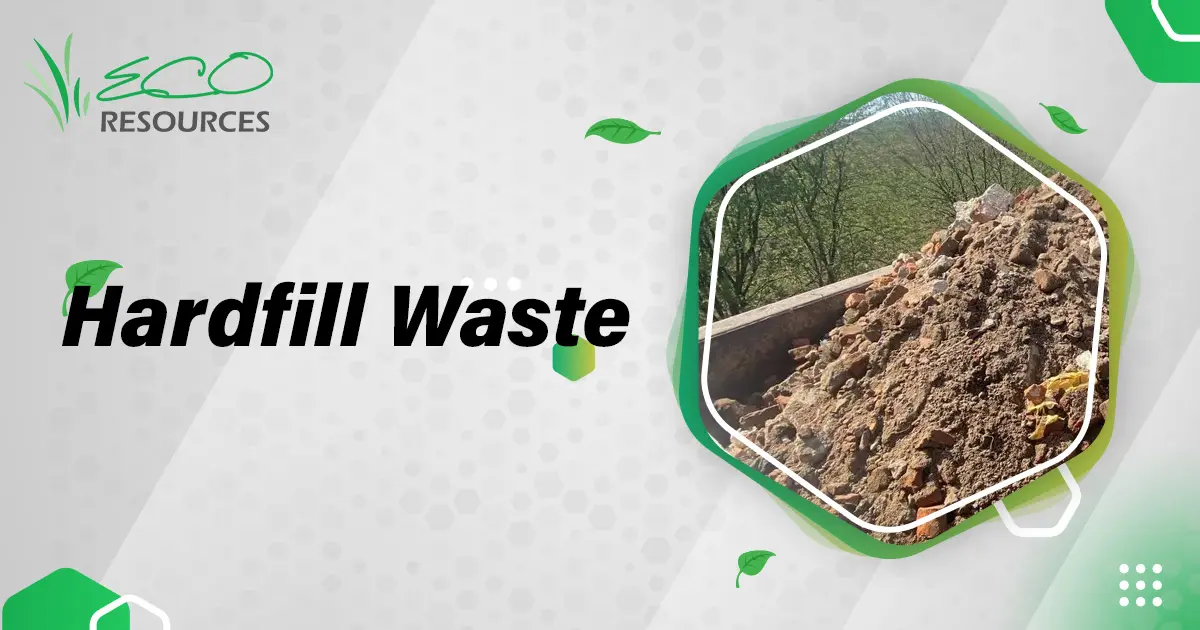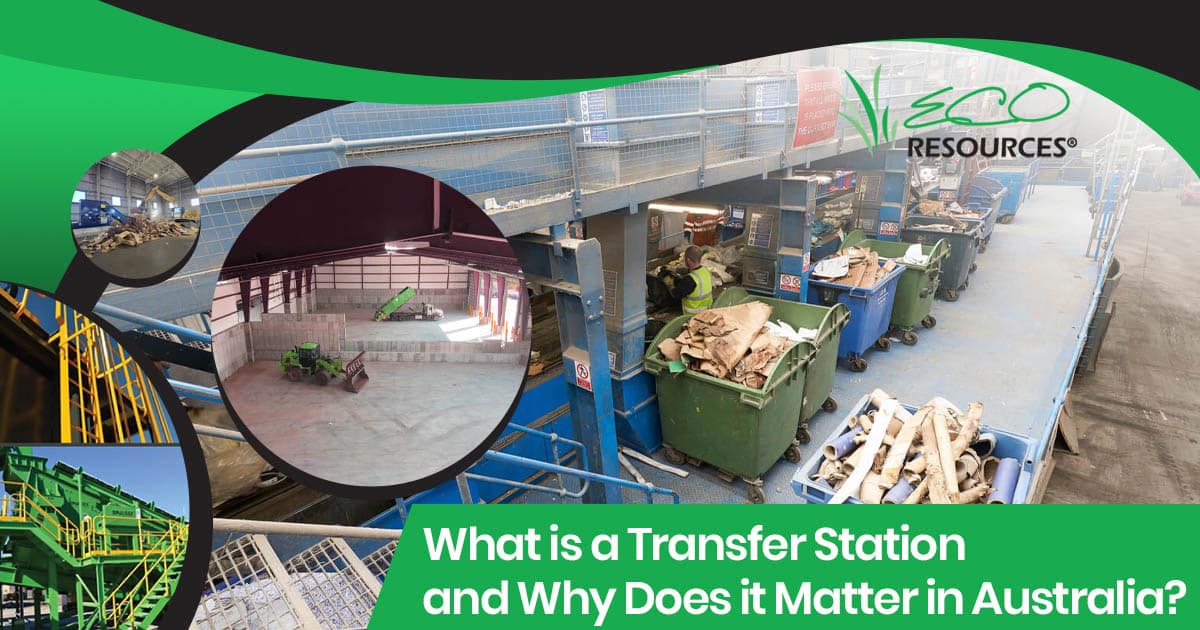In recent years, the term “FOGO” has become a buzzword in Australian communities. But what does it mean, and why is it gaining so much attention? What is FOGO’s significance and impact on our environment?
FOGO stands for Food Organics and Garden Organics. It encompasses biodegradable waste items such as fruit peels, tea bags, and grass clippings. FOGO waste has the potential to be recycled, making its proper management crucial for our environment.
When FOGO waste ends up in landfills, it decomposes anaerobically (without oxygen), producing harmful methane gas. This gas is 25 times more potent than carbon dioxide in trapping heat in the atmosphere.
We can prevent the release of this potent greenhouse gas by managing FOGO waste properly. With methane emissions reduced, it’s a significant step towards combating global warming.
Composting FOGO Waste
Composting FOGO waste is an integral step towards achieving a sustainable and eco-friendly future. As more households and businesses embrace this practice, the benefits become increasingly evident, both for our environment and our communities.
Composting transforms FOGO waste into nutrient-rich compost, which can be used to enrich the soil. This reduces the need for synthetic fertilizers, promoting healthier plant growth and increasing crop yields. It’s a win-win for both gardeners and farmers.
We can also divert significant amounts of organic material from landfills. It conserves landfill space and reduces the production of methane. Landfills are expensive to maintain. Local governments can save on landfill costs and potentially generate revenue by selling high-quality compost.
Composting initiatives often bring communities together. Whether it’s through communal composting facilities or educational workshops, residents can collaborate and share knowledge, fostering a sense of unity and shared purpose.
Healthy compost introduces beneficial microorganisms to the soil. These microbes play a crucial role in breaking down organic matter, improving soil structure, and aiding plant growth. Over time, this leads to more biodiverse and resilient ecosystems.
How to Manage FOGO Waste at Home
- Set up a compost bin. Choose a suitable spot in your garden and start composting your food scraps and garden waste.
- Support local initiatives. Many municipalities offer curbside FOGO collection. Participate in these programs to ensure your FOGO waste is managed responsibly.
- Turn your compost regularly, maintain a balance of green (nitrogen-rich) and brown (carbon-rich) materials, and ensure it remains moist but not wet.
The FOGO System in Perth
The 3-bin FOGO system, introduced in Perth in 2019, has revolutionized waste management. With separate bins for general waste, recyclables, and FOGO, it encourages households to segregate waste at the source. The Western Australian State Government aims to implement this system across all local governments in the Perth and Peel regions by 2025.
For households with limited space or those living in apartments, composting might not be feasible. That’s where companies like ECO Resources step in.
One of ECO’s recycling services is FOGO processing. They divert organic waste from landfills, converting it into valuable resources such as compost and biogas energy. By collaborating with such companies, households and businesses can significantly reduce their environmental footprint.
Managing FOGO waste responsibly is not just an environmental obligation but a societal one. Every fruit peel composted and every grass clipping recycled brings us one step closer to a sustainable future. Let’s embrace FOGO practices and make a lasting difference for our planet.
So don’t let Food and Green Organics waste pile up – contact ECO Resources for reliable and sustainable waste processing solutions.
